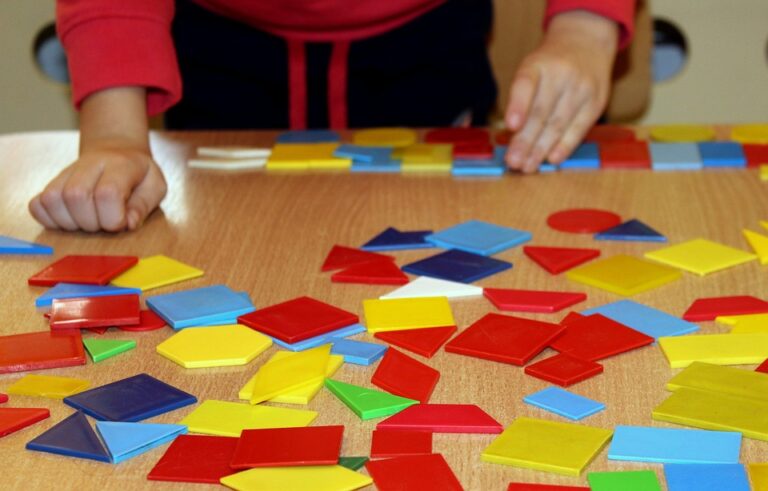
The Montessori education system, developed by Italian physician and educator Maria Montessori, is renowned for its child-centered approach that focuses on independence, freedom within limits, and respect for a child’s natural psychological, physical, and social development. Beyond the classroom, Montessori principles and materials can be utilized in everyday life to facilitate learning, promote independence, and foster a sense of order and harmony.
Montessori materials are specifically designed to encourage exploration, hands-on learning, and sensory development. These materials are typically made from natural materials, such as wood, metal, and fabric, and are carefully crafted to be aesthetically pleasing and durable. The Montessori community commonly refers to these materials as “tools for learning,” as they are not simply toys or playthings, but rather educational aids that support cognitive and physical development.
One of the key principles of Montessori education is the notion of “prepared environments,” which are carefully designed spaces that encourage children to explore, discover, and learn at their own pace. In the home, parents can create a Montessori-inspired environment by incorporating simple, open-ended materials that support a child’s innate curiosity and desire to learn.
For example, a child-sized table and chair set can provide a designated space for a child to engage in activities such as art, writing, or puzzles. Open shelves can be used to display Montessori materials, such as sensorial materials (e.g., knobbed cylinders, color tablets) and practical life materials (e.g., pouring activities, buttoning frames), making them easily accessible for independent exploration.
Montessori principles can also be applied to everyday routines and tasks, such as cooking, cleaning, and self-care. In the kitchen, children can be involved in meal preparation by peeling, chopping, and stirring ingredients, developing fine motor skills and fostering a sense of responsibility. Children can also participate in household chores, such as sweeping, dusting, and folding laundry, which not only contributes to the functioning of the household but also promotes a sense of belonging and purpose.
Furthermore, Montessori principles emphasize the importance of self-care and practical life skills, such as dressing oneself, tying shoelaces, and washing dishes. By providing children with the opportunity to practice these skills in a supportive and encouraging environment, parents can help build a child’s sense of independence, self-confidence, and autonomy.
In conclusion, the Montessori approach to education extends beyond the classroom and can be applied to everyday life to enrich a child’s learning experiences, promote independence, and foster a sense of order and harmony. By incorporating Montessori materials and principles into the home environment, parents can create a supportive and nurturing space that encourages a child’s natural curiosity, creativity, and desire to learn. Ultimately, the goal of utilizing Montessori materials for everyday life is to empower children to become independent, confident, and capable individuals who are prepared to navigate the world with curiosity and enthusiasm.
Younger Glowing Skin - Discover Ancient Ayurvedic Secrets at DoctorIndiaHerbals.com
Explore One of the Largest Collections of Dinosaur-Themed Toys, Games, Gifts, Decor, and More at DinoAvenue.com
Discover Premium Design Elevator Shoes for Men and Women at LondonCobblers.com
Discover Hidden Family Destinations for Vacations at Places.Travelz.io
Find the Best Deals on Airfare and Hotels with Advanced Metasearch Technology at www.Travelz.io
30% off on Kids items
STEM science experiments for Kids
Premium Science Toys and experiments